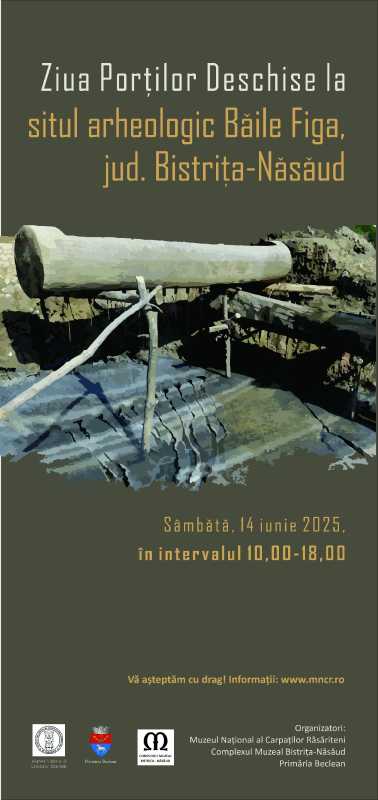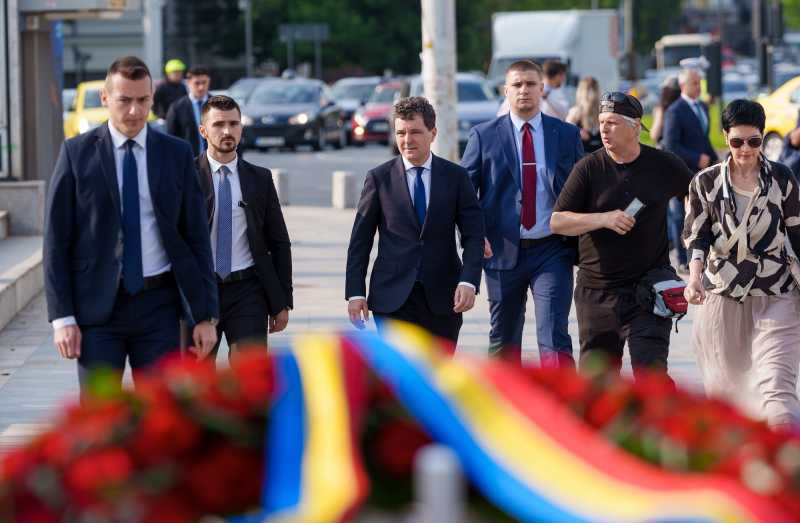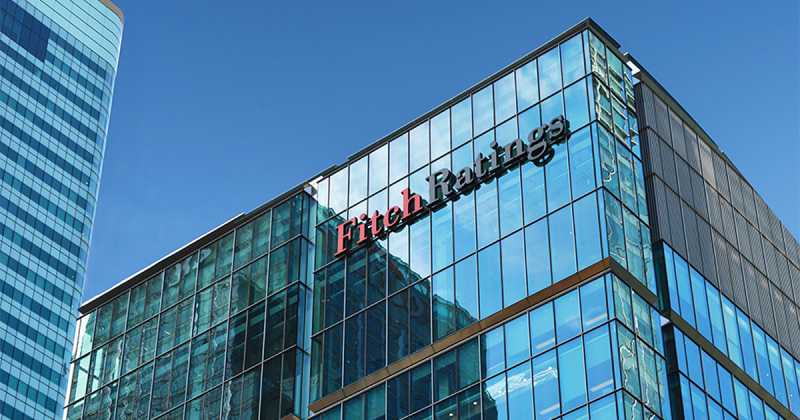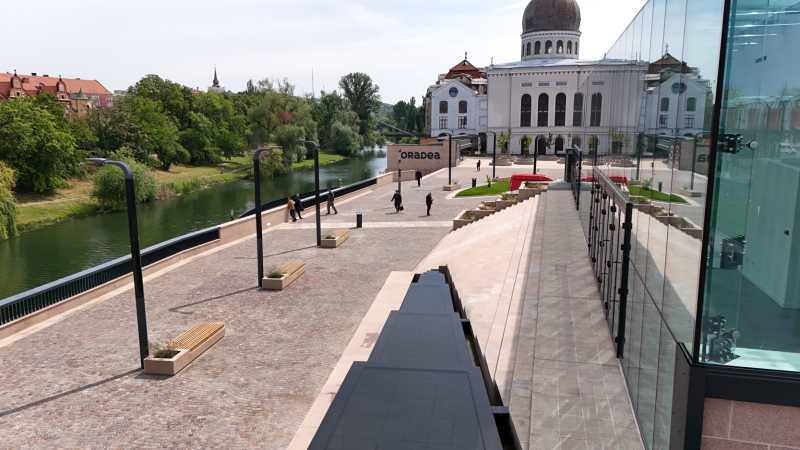40 years of Schengen has been a success for Europe, but is it under threat? (enr)
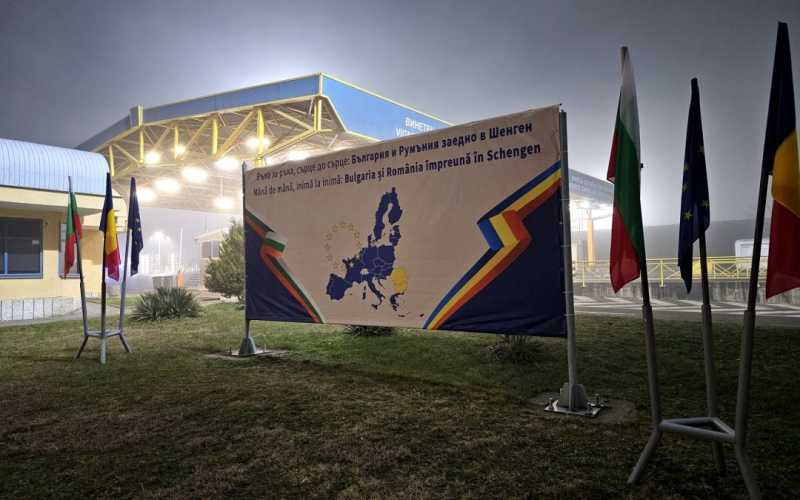
The Schengen area is the jewel in the crown of European integration, but on its 40th anniversary questions about its implementation in several countries raise concerns.
On an early summer day 40 years ago, government representatives from Belgium, Germany, France, Luxembourg, and the Netherlands gathered on a boat in a small Luxembourgish village.
The symbolic location - on the Moselle River at the tripoint where France, Luxembourg, and Germany meet - was the town of Schengen.
It was there, on June 14, 1985, that the Schengen Agreement was signed. The deal aimed to gradually eliminate border checks between member states, paving the way for the free movement of people. It was fully implemented in 1995, creating a passport-free travel zone across much of Europe.
Today, the Schengen area is made up of 29 countries: 25 EU countries plus Iceland, Liechtenstein, Norway and Switzerland. Ireland and Cyprus are the only two EU members not signed up. The former has not joined as it has a common travel area with the United Kingdom and it would create border headaches, while the latter is currently in the process to join.
Other countries want to join the club as well. Albania, for example, maintains positive and growing economic, political, and security cooperation with Schengen countries, benefiting from visa-free travel since 2010 and strong support for its EU and Schengen integration aspirations.
Often described as a cornerstone of European integration, Schengen continues to enjoy strong public support. In a Eurobarometer poll from October 2024, 72 percent of respondents identified it as one of the EU's most important achievements. Although on average 21 percent of people across the bloc say they are unaware of it all, in Spain this number more than doubles to 50 percent.
The economic benefits of Schengen
The recent accession of Romania and Bulgaria in January 2025 underscores why. After years of delays, the two countries finally joined, initially via air and sea borders in March 2024, ushering in noticeable economic benefits.
The move has boosted Romania's appeal to foreign investors by speeding up the movement of goods and services, according to Romania's finance minister Tánczos Barna. The elimination of border checks has simplified logistics, cut waiting times, and reduced costs, making Romania more competitive across European markets.
In Bulgaria, then-Prime Minister Nikolay Denkov called the milestone 'the greatest success of Bulgarian diplomacy' since joining the EU in 2007.
Dimitar Dimitrov, Executive Director of the Chamber of Bulgarian Road Hauliers, noted that border delays with Romania had previously cost the sector around 300 million Euro annually, with an average waiting time of 10 to 15 hours. During the first three months of the year, traffic between Romania and Bulgaria increased significantly. Some 160,000 cars crossed the border, compared to 128,000 during the same period in 2024, according to the Romanian Road Administration Agency.
Dimitrov emphasised that Schengen membership enhances Bulgaria's strategic value as a transport hub between Turkiye and the EU, but also warned that outdated infrastructure remains a major obstacle.
It's a similar story in Croatia which joined in January 2023. Schengen membership enjoys near-universal support among Croatian citizens.
The abolition of internal border controls is extremely important for the country as a tourist destination, given that many tourists come to Croatia by car. Since joining the Schengen area, kilometre-long queues at the border crossings with Slovenia and Hungary have disappeared during the summer months, especially on weekends.
Is the Schengen area being eroded?
While there are many benefits to the Schengen area it has also faced challenges, particularly in the last decade.
Several countries have reintroduced internal border checks, usually in a bid to curb migration and terrorism. Although temporary checks are back at some Schengen borders, this doesn't mean routine stops for every car, so many travellers experience little to no disruption. During the Covid-19 pandemic many countries also closed their borders temporarily.
In response to the terrorist attacks of November 2015, France reinstated checks at its land, sea, and air borders with other countries in the Schengen area. It has renewed the scheme every six months since then, most recently for the period until 31 October 2025.
In 2015, Austria introduced temporary border checks with Slovenia and Hungary in response to high levels of migration, but these have been repeatedly extended, causing economic challenges and difficulties for cross-border businesses and travellers.
In October 2023, Slovenia imposed checks at its borders with Croatia, which had joined Schengen less than a year earlier, and Hungary. This move came after Italy also reinstated border controls with Slovenia due to worsening conditions in the Middle East, increased migrant flows along the Balkan route, and national security concerns. These border checks between Slovenia, Croatia, Hungary, and Italy remain in effect.
There was briefly a fear in Croatia that things would return to the old ways when Slovenia decided to introduce random checks shortly after Croatia joined the Schengen area. However, this fear turned out to be unfounded, as there are no systematic checks on every passenger and every vehicle stop, so traffic continues to flow more or less unhindered.
The EU says temporary border checks are allowed 'in the event of a serious threat to public policy or internal security' but that they must be applied as a last resort measure, in exceptional situations.
Countries can introduce the checks if they provide a valid justification and they can be extended every six months, usually up to two years. The justification then has to be changed for border checks to remain in place.
Currently Slovenia, Austria, the Netherlands, Denmark, France, Norway, Sweden, Germany, Bulgaria and Italy have temporarily reintroduced border controls to some extent.
The new German government has increased border patrols since it took office last month, to the frustration of some neighbouring countries.
'We must avoid creating borders in people's minds again. Schengen must live on,' Léon Gloden, Minister of the Interior for Luxembourg said in a meeting with his German counterpart at the end of May.
The mayor of Strasbourg and her counterpart across the Rhine river in Kehl in Germany have complained about the ramped-up border checks between the two cities in a protest letter to German Chancellor Friedrich Merz.
The mayors say this is hurting daily life and causing fewer Strasbourg shoppers to visit Kehl.
Over the past ten years, Germany gradually reintroduced temporary checks along all of its land borders in a bid to reduce irregular migration.
But the new government which took office on May 6 has since intensified the checks, as well as allowing border guards to reject those looking to claim asylum.
Polish Prime Minister Donald Tusk has also criticised the move, especially as it has seen thousands of migrants sent back across the border from Germany. He threatened on Wednesday to introduce temporary border controls with Germany saying it's ‘highly likely' they will be brought in this summer should the pressure on those border regions persist.
Some countries avoid introducing border checks
While the temporary reintroduction of border controls in the Schengen area has been skyrocketing in the last decade, many countries have resisted.
Belgium rarely tightened the border rules. In fact it only did during the Covid-19 pandemic in the winter of 2021. That's telling, considering the fact that Belgium has, just like its neighbours, been under a lot of pressure from secondary movements of migrants and security incidents, like the 2016 terror attacks in Brussels.
Whenever France, Germany or the Netherlands reintroduced border controls, Belgium always defended the case of the free movement of goods and tried to make sure trade was not disrupted too much.
Portugal is a similar story where apart from some major events, like the Pope's visit to Lisbon in 2010 and the Covid-19 pandemic it has not reinstated border controls. Portuguese public opinion has remained largely supportive of the Schengen membership, viewing it as a symbol of European integration and freedom of movement, although with growing awareness of the associated security and migration control challenges.
The changing attitude of some countries towards the Schengen area has been noticed by the curator of a museum dedicated to it, in the Luxembourg town where it all began.
The now renovated museum will be reopened on Saturday as part of celebrations in the town to mark the 40th anniversary.
Much has changed since it first opened in 2010, said museum director Martina Kneip.
'Back then, open borders were actually celebrated,' she said. With Covid-19 and the refugee crisis, the sudden cry was: 'Schengen is dead and no one wants it anymore, it's to blame for everything.'
The museum wanted to respond to this change in perception - and that is one of the reasons why a renovation was conceived.
In the museum, everyone can see for themselves 'how valuable and meaningful the idea of Schengen is,' said Michel Gloden, the mayor of Schengen. 'We have succeeded in dismantling the borders between countries, and the borders in people's minds must never be allowed to reappear.'
The content of this article is based on reporting by AFP, Agerpres, ANSA, ATA, Belga, BTA, dpa, EFE, HINA, LUSA, STA, PAP, as part of the European Newsroom (enr) project. AGERPRES (editing by: Simona Klodnischi)
The content of the www.agerpres.ro website has the exclusive purpose of public informing.
All the information published on this website by AGERPRES is protected by relevant legal dispositions.
It is forbidden to copy, reproduce, recompile, decompile, distribute, publish, display, modify, create derived components or products or full services, as well as any exploitation of the site's content.
Details in the section Terms of Use. If you are interested in picking up AGERPRES news items, please contact the Marketing Department – [email protected].
The use of the Comments section entails your obligation to respect the AGERPRES terms and conditions in regards to the publishing of comments on the www.agerpres.ro.
Other news in category
Exhibition showcasing millennia-old salt mining tradition opens in Figa spa resort
An exhibition bringing together the results of 20 years of archaeological research on the ancient salt exploitation of Figa - Bistrita-Nasaud Couty opened on Friday at the recreational center of the spa resort, showcasing artifacts even over 3,000 years old. The event also marks the 2025 European Archaeology Days, along with an open door day at the Figa archae
Cultural Days of Banat Germans open journey towards Timisoara Diocese Millenium Jubilee
The German (Swabian) community of Banat will celebrate in 2030 a millennium since the founding of the Timisoara Diocese (originally Csanád) and, starting in 2025, will organize every year major events dedicated to the upcoming grand jubilee. Between June 13 and 15, the city of Timisoara shines the spotlight on the Cultural Days of Banat Germans, a celeb
DefMin Angel Tilvar: Saber Guardian exercise tests limits in real-life situations
The Minister of National Defense, Angel Tilvar, declared on Friday, in Suraia, that the Saber Guardian 25 exercise tests the limits in real-life situations that may arise in the field. 'The Romanian Army is constantly preparing. I think it is important to know that at this exercise, at Saber Guardian, which is part of a much larger exercise, which will tak
Romanians' demand for investment gold on the rise
Against the backdrop of the current economic and geopolitical turmoil, increasingly more Romanians are choosing gold as a form of capital protection, Rafinor - a company specializing in the trading and refining of gold and silver, said in a release. The situation in Romania reflects the reality of the global market where concerns about inflation, distrust in f
USR's Fritz: I am aware that I am taking over the leadership of USR in challenging times
Newly elected national leader of the Save Romania Union (USR) Dominic Fritz said on Friday that he is aware that he is taking over the leadership in challenging times, but promising for an 'engaged' party. 'I am aware that I am taking over the leadership of USR in challenging times, but I believe that there are also promising times for an engaged p
Dominic Fritz, elected USR president
Dominic Fritz, the interim president of the Save Romania Union (USR), has won the party's internal leadership elections. He received 62% of the votes (7,312 votes). A total of nine candidates ran in the race, including Senator Violeta Alexandru. The elections took place over the past three days, with the president being electe
Nicusor Dan: Justice has the duty to shed light on the Mineriad case
President Nicusor Dan on Friday said that the Mineriad of June 13-15, 1990, remains one of the 'most painful' moments in Romania's post-communist history, stressing that justice has a duty to shed light on the case. 'Even today, 35 years later, the judiciary has not issued a final ruling in the Mineriad case. A verdict is still missing, one tha
The 2025 edition of the Transilvania International Film Festival (TIFF) kicks off in Cluj-Napoca on Friday
The 2025 edition of the Transilvania International Film Festival (TIFF) kicks off in Cluj-Napoca on Friday, June 13, with 200 films to be screened until June 22. 'On Friday, June 13, the 24th edition of the Transilvania International Film Festival (June 13-22, 2025), the most important cinematographic event in Romania, begins. It is the start of a 10-day m
Mintia combined-cycle power plant set to start production towards year-end (minister)
Energy Minister Sebastian Burduja said on Thursday in Mintia - Hunedoara County that the project for the new local combined-cycle power plant developed by Mass is at more than 75% of completion for the first cycle and that the first amounts of electricity could be produced here towards the end of the year. 'There are high chances that, at the end of this y
Over 70 historical Dacia cars from all over the country to meet in center of Deva on June 14
Over 70 Dacia cars, restored by car enthusiasts from all over the country, will be on display on Saturday, June 14, in the center of Deva, during the 'National Dacia Classic Meeting', an event organized by Retromobil Club Romania. 'Over 70 Dacia cars, carefully restored by enthusiasts from all over the country, are expected at this edition. The sta
President Dan: We stand with all those affected by the plane crash in India
Romania's President Nicusor Dan on Thursday sent a message of condolence after a tragic plane crash at an airport in the Indian state of Gujarat. 'I am deeply saddened by the tragic plane crash in India, where so many people lost their lives and so many families and friends lost loved ones. On behalf of the Romanian people, I extend my heartfelt condol
Reducing deficits, stabilising public debt remain central to Fitch assessment of Romania's sovereign rating
Prospects for reducing record-high deficits and stabilising rapidly rising public debt remain central to our Fitch Ratings assessment of Romania's sovereign rating following last month's presidential elections, according to Fitch reporting released on Thursday. After years of fiscal slippage and eroded fiscal policy credibility, the next government wil
Romania's national cybersecurity team aiming to become Cyber Hub
Romania's National Cybersecurity and Incident Response Team (DNSC), reorganised under this name in 2021, is aiming to become a Cyber Hub, a recognised leader in cybersecurity, Mihai Constantinescu, cybersecurity manager at the Innovation, Research and Development, Services and Intellectual Property Directorate (INOV) with the DNSC, said on Thursday at a specialist event.
Oradea set to become pilot-city in implementing climate adaptation solutions to combat urban heat waves
The municipality of Oradea plans to implement, for the first time in Romania, in the next five years, a series of local climate adaptation solutions to combat urban heat waves, through a project financed by the European Commission. According to a press release of the Oradea City Hall, the 'Life Cool Zone' project is initiated by the Hungarian authoriti


